“I’m having financial problems,” a long-ago ex-girlfriend desperately messaged me some years after our third breakup, before tossing a convoluted word salad trying to make a case that I should give her money. I refused and told her that although I felt very sorry for her, it would be better for both of us if we had no further contact. Fortunately, we haven’t. As President Trump cuts America’s ties with the United Nations Educational, Scientific and Cultural Organization for the third time, this would seem to be the best approach.
UNESCO was founded in 1945 to advance the cause of international peace through intellectual and cultural programs under the auspices of the newly created United Nations. Anyone familiar with the history of the world over the last eighty years can tell you how well that has gone, but the United States was long foundational to UNESCO’s work, at times contributing as much as 25 percent of its annual budget. This was certainly generous for an organization that claims 194 member states and twelve associate members, especially considering what UNESCO has done with the funds.
Announcing the U.S. withdrawal last week, State Department spokeswoman Tammy Bruce said “continued involvement in UNESCO is not in the national interest” of the US because “UNESCO works to advance divisive social and cultural causes and maintains an outsized focus on the UN’s Sustainable Development Goals, a globalist, ideological agenda for international development at odds with our America First foreign policy.”
In addition to the relationship yet again no longer working out for us, Bruce added that “UNESCO’s decision to admit the ‘State of Palestine’ as a Member State is highly problematic, contrary to US policy, and contributed to the proliferation of anti-Israel rhetoric within the organization.” Indeed, at UNESCO’s most recent executive board meeting in April, three of its agenda’s eleven “program issues” dwelled on Israel, which the organization has described as “occupied Palestine” or “the occupied Arab territories,” while referring to Jewish holy sites as “Palestinian World Heritage sites.”
A UNESCO initiative discouragingly titled “Transforming MENtalities” seeks to “change mindsets and policies by…shedding light on how to successfully engage men and boys for gender equality” and blames “patriarchal masculinities” for playing “an important role in driving conflict and insecurity worldwide.” American parents might be forgiven for not wanting UN bureaucrats to tell them how to raise their sons in any circumstances, particularly at their expense, but one of this initiative’s “cornerstone” projects, released last November, is a report called “The Gender Equality Quest in Video Games,” which laments that women are underrepresented among video-game characters and video-game-industry professionals.
Along with that pressing issue, UNESCO’s “Anti-Racism Toolkit” recommends governments acknowledge “structural racism” in their societies and implement “systemic changes” to address it. The recommended ways of doing so would appear to be unlawful across American institutions today. In a direct swipe at the US, which remains UNESCO’s highest contributor of funds, the Anti-Racism Toolkit claims that measures taken in response to Black Lives Matter and George Floyd are “limited” and require UNESCO’s sage help to expand. No thanks.
Bruce’s statement concluded that “continued US participation in international organizations will focus on advancing American interests with clarity and conviction.” This has long been true. Ronald Reagan took the US out of UNESCO in 1984, citing corruption, mismanagement, outsized Soviet influence, and general anti-American bias, including a developing world plan to license journalists that seemed likely to censor international news coverage by American media. George W. Bush reentered the organization two decades later as a gesture toward restoring multilateralism in foreign relations but also as a cultural adjunct in the war on terrorism, and – yes – amid emotional assurances that UNESCO had changed. Trump pulled out again in 2018 over the Israel issue, only for a sorrowful Joe Biden to woo positive world opinion in 2023 by pledging to rejoin and pay over $600 million in supposedly outstanding dues accrued after Trump’s withdrawal. Some men send flowers.
Our current breakup with UNESCO will not take effect until December 31, 2026, giving its meddlesome minders ample time to try to crawl back with more empty promises and false assurances that they have changed and will finally treat us right. But for the Trump administration, and all future US leaders, it would probably be best if we had no further contact.



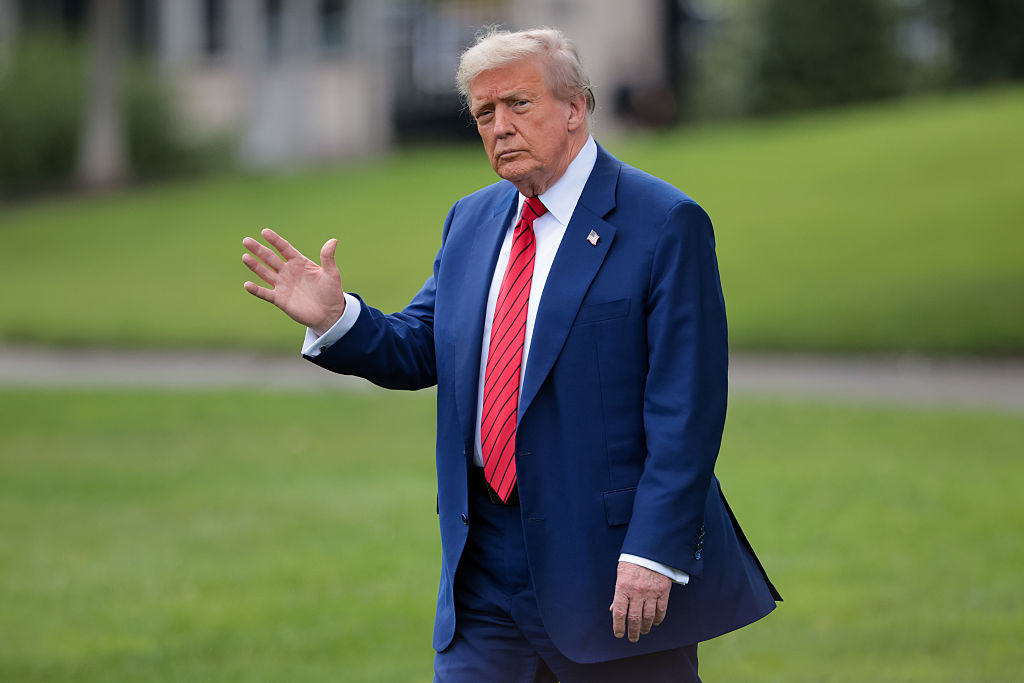







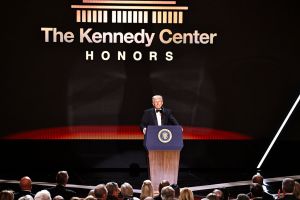

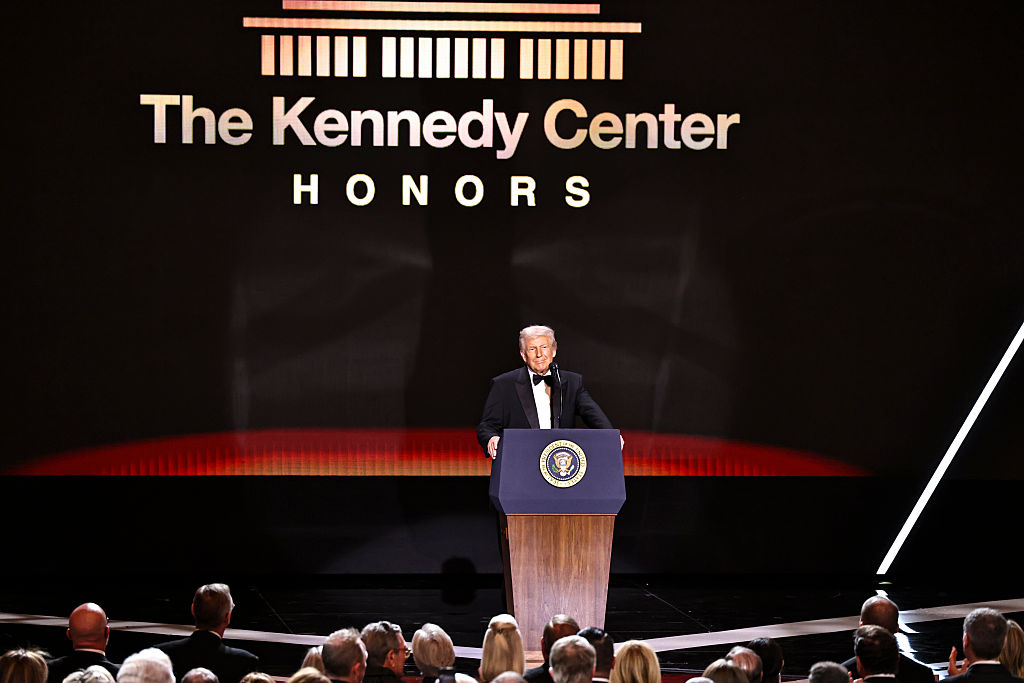
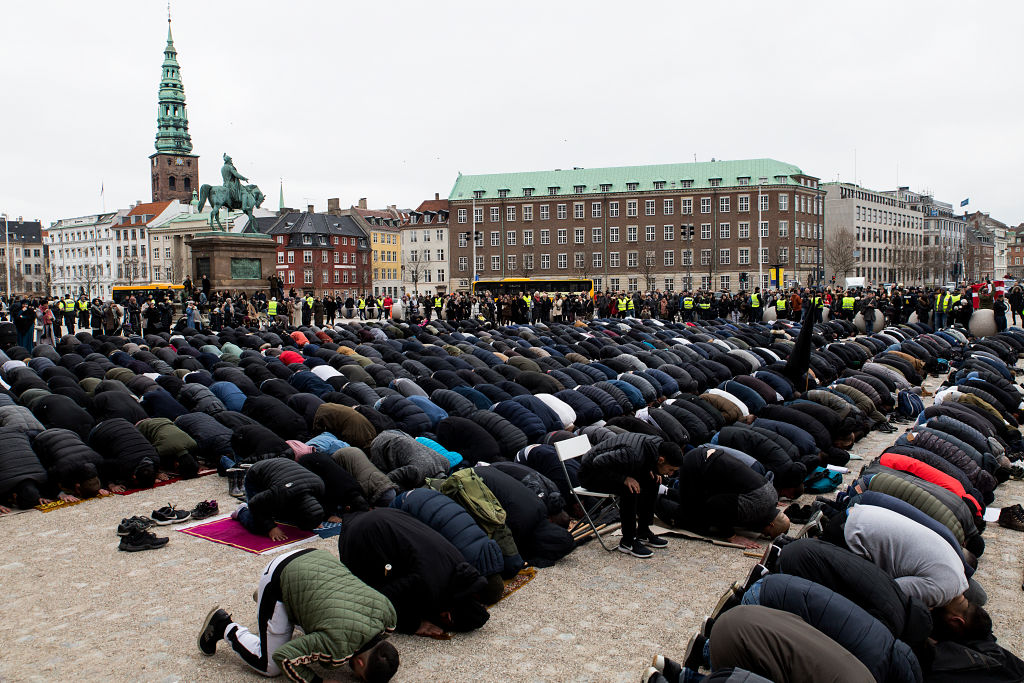
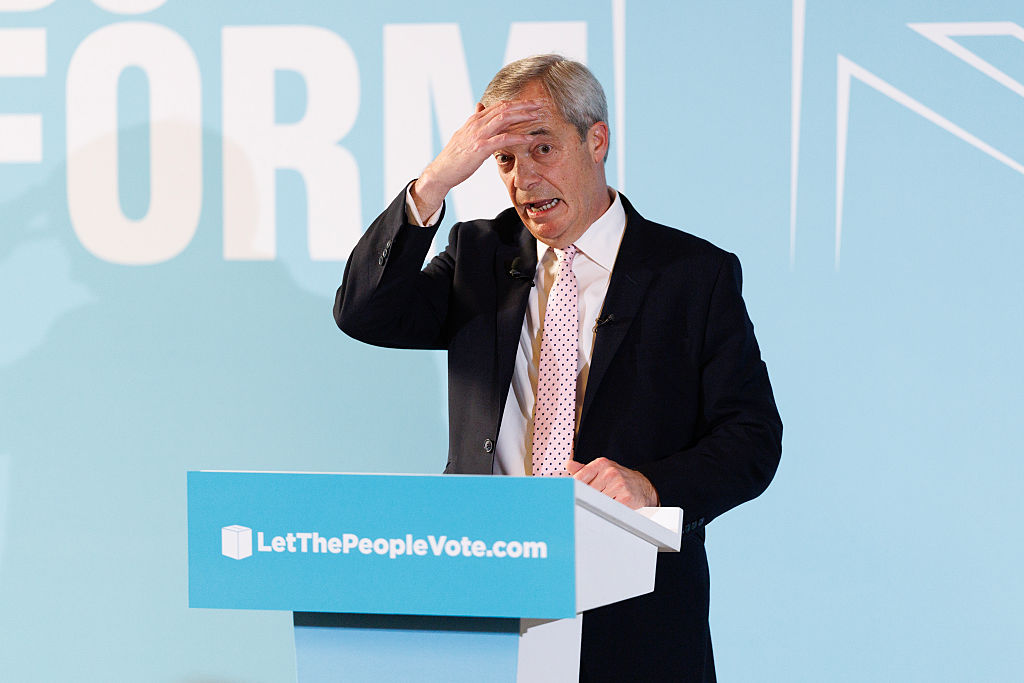










Leave a Reply